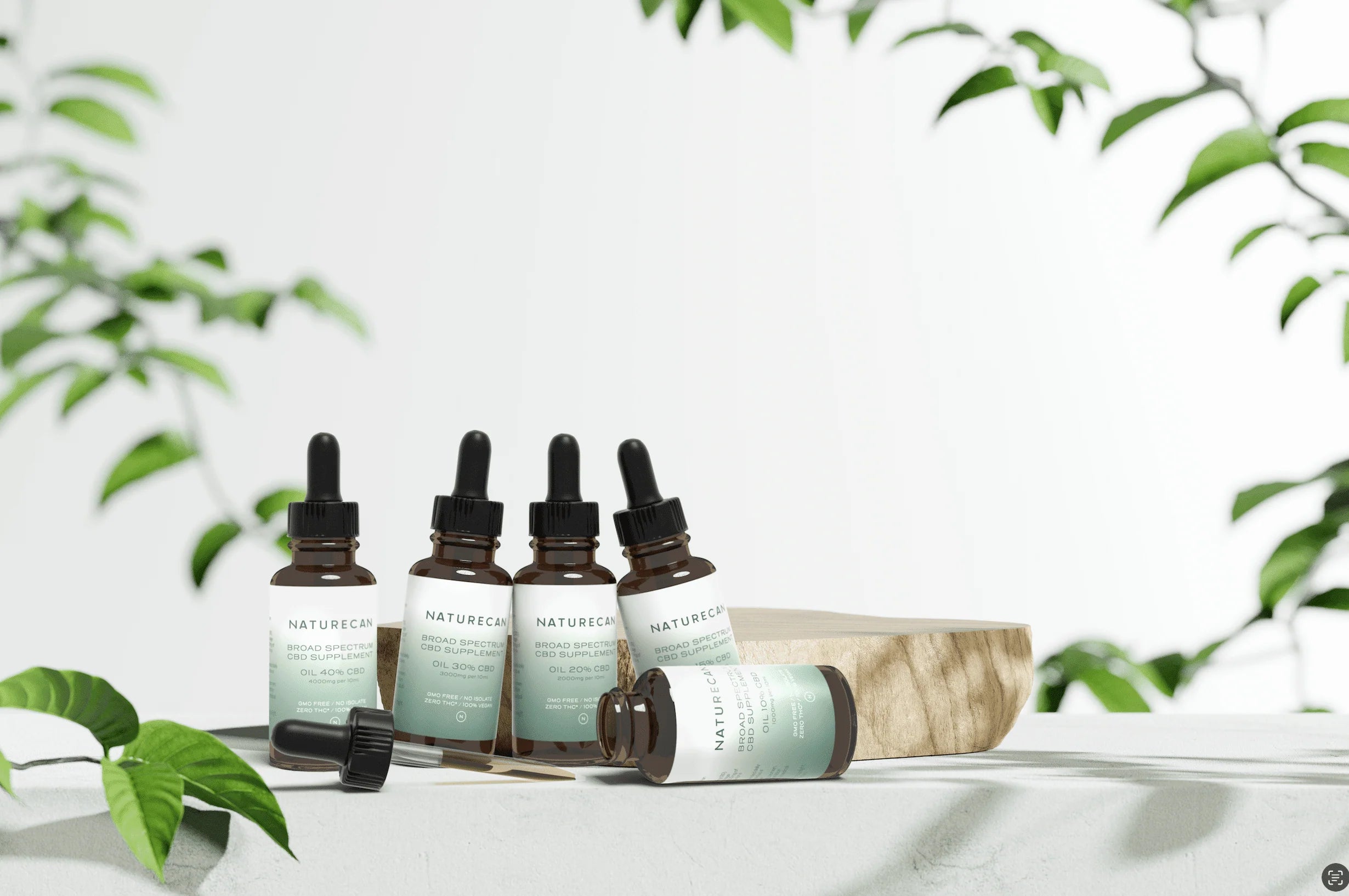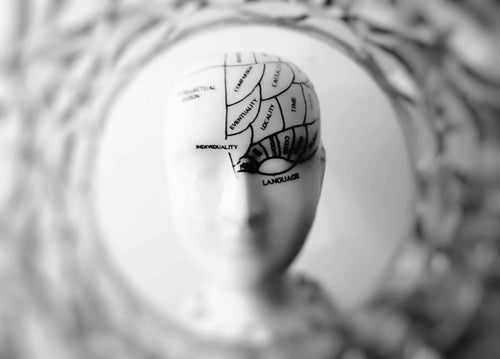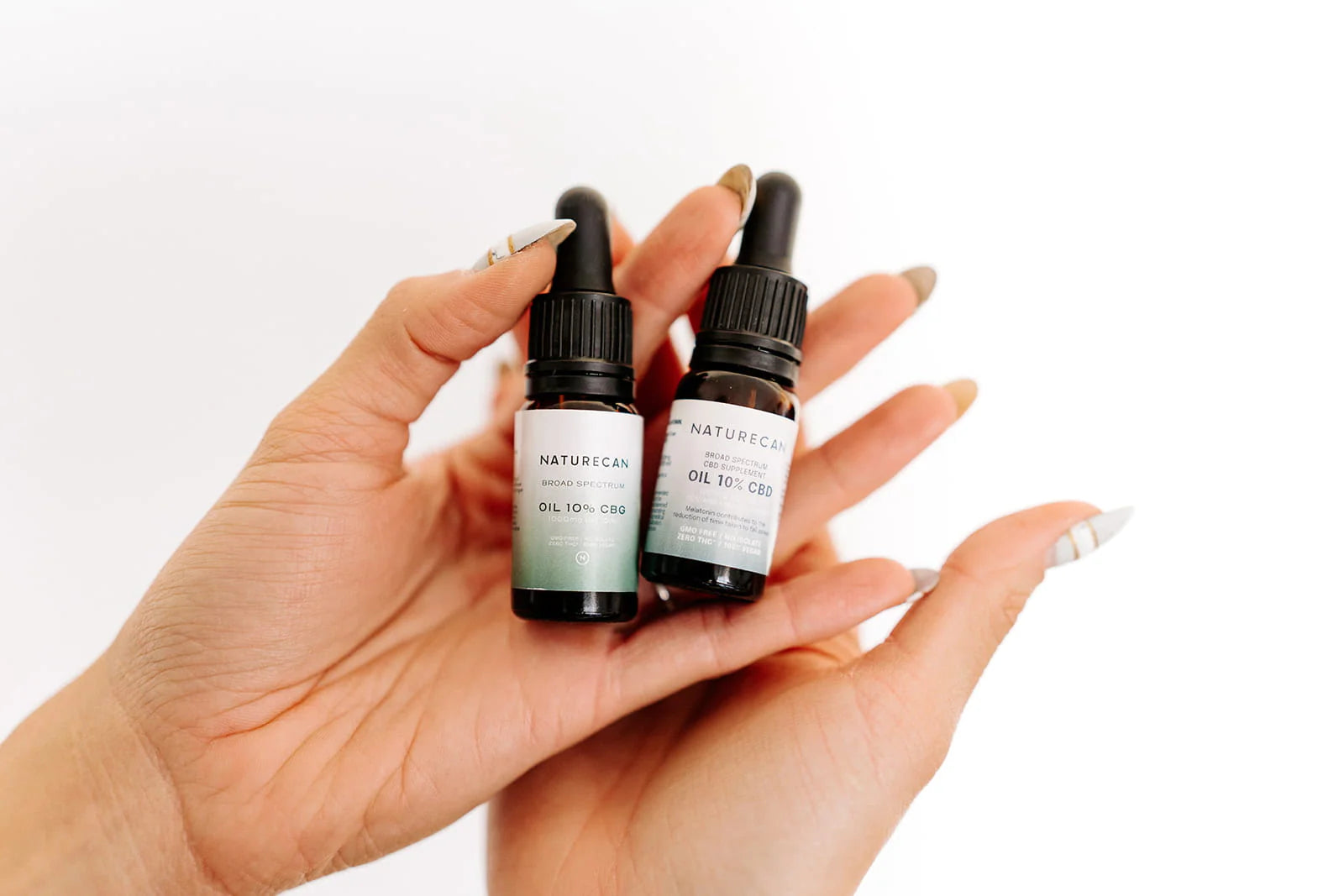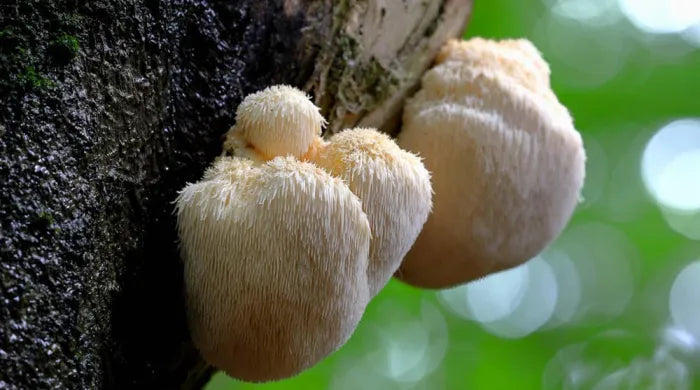HHC vs THC vs CBD: What are the differences?

Written by Georgia Chappell & Reviewed by Paul Holmes.
Are you confused about the differences between HHC, THC, and CBD? You’re not alone. This article strips away the complexity when comparing HHC vs THC vs CBD. Anticipate a straightforward rundown on how each affects your body, their legality, and what they’re used for. Learn the essentials to help you make informed decisions about these popular cannabinoids.
Key Takeaways: HHC vs CBD vs THC
- Cannabinoid molecular structure types such as THC, CBD, and HHC interact with the body’s endocannabinoid system; THC is intoxicating and psychoactive, CBD is a non-intoxicating cannabinoid with therapeutic potential, and HHC is psychoactive but milder than THC.
- HHC, THC, and CBD all bind with cannabinoid receptors; THC has a profound psychoactive effect due to strong CB1 receptor affinity, while CBD’s lack of such binding prevents psychoactive effects, and HHC has milder effects with reduced CB1 receptor affinity.
What are cannabinoids?
Cannabinoids represent a captivating group of chemical entities that interact with the complex network of cannabinoids” molecular structure within our bodies, notably CB1 and CB2.
An example is when 9-tetrahydrocannabinol (9-THC), prominently sourced from cannabis products, engages with these receptors to create a behavioural responses.
It’s important not to overlook other key players in this biological ensemble: endogenous cannabinoids such as anandamide and 2-arachidonoylglycerol (2-AG), along with various other cannabinoids which are naturally synthesised by our cells and also affiliate themselves with the cannabinoid receptor system.

They initiate alterations in gene transcription, thereby influencing how cannabinoids impact both behaviour and bodily functions.
Cannabinoids can be traced back to three distinct origins: plant-derived phytocannabinoids, manufactured internally, known as endocannabinoids, and synthetically engineered cannabinoids produced within research facilities, known as synthetic cannabinoids.
The CB1 receptors are predominantly present in the brain and central nervous system, while their counterparts, the CB2 receptors, are mainly situated throughout the immune system.
What are endogenous cannabinoids?
Endogenous cannabinoids, also known as endocannabinoids, are natural compounds produced by the human body. They regulate processes like mood, memory, appetite, and pain sensation through the endocannabinoid system. The main ones are anandamide (AEA) and 2-arachidonoylglycerol (2-AG), acting on CB1 and CB2 receptors. They help maintain balance in the body and are studied for potential therapeutic uses.
What is CBD?
So, what is CBD? Cannabidiol, commonly known as CBD, is gaining significant attention in the wellness space for its myriad of potential health benefits without inducing a psychoactive state. Extracted from hemp plants, this compound has been showing huge potential in studies to be potentially effective in addressing issues like pain relief and enhancing sleep quality while also aiding with stress management. Its mechanism of action lies within its interaction with the endocannabinoid system, where it modulates cannabinoid receptors along with impacting serotonin receptors, which suggests therapeutic possibilities for various conditions.
Despite delivering these possible advantages, CBD is distinctively non-intoxicating—providing an edge for those interested in the medicinal aspects rather than experiencing euphoria, therefore, we can say that CBD does not cause a high. The phenomenon of the ‘entourage effect’, observed when cannabis plant constituents work together synergistically found in full-spectrum and broad-spectrum CBD products, may amplify overall health outcomes surpassing what can be achieved through using just pure CBD isolate alone.

What is THC?
Tetrahydrocannabinol, commonly known as THC, is the cannabis plant's primary psychoactive component. THC vs CBD has been a growing topic of conversation in the industry for some time. It induces a “high” characterised by enhanced mood, relaxation, pain relief and changes in sensory experiences. When consumed in low quantities, it can alleviate anxiety symptoms and has calming effects similar to those of alcohol. THC acts swiftly upon inhalation from smoking. Its presence becomes apparent in the bloodstream within mere seconds.
Due to its lipophilic nature—meaning it readily bonds with fats—THC extensively permeates the body after entering one’s system. This compound leaves behind metabolites that are detectable through urine tests for up to two weeks post consumption via smoking or ingestion—a testament to THC’s enduring existence inside the human body.
What is HHC?
Introduce HHC, or hexahydrocannabinol, a semi-synthetic cannabinoid that is gaining attention for its possible health benefits and less intense psychoactive effects.
What are HHC benefits?
Derived from either CBD or THC, HHC offers potential promising outcomes in soothing stress and anxiety while fostering a tranquil state of mind.
It also appears to be beneficial in enhancing sleep quality, which could make it an important tool for those dealing with insomnia and other sleep-related issues.
HHC not only carries potential therapeutic advantages but might also act as an appetite stimulant – this can be especially advantageous for individuals who experience loss of appetite due to specific medical conditions. HHC has demonstrated neuroprotective qualities. It may safeguard neuronal cells against damage and lessen inflammation within the brain.
What does HHC do for the body?
HHC interacts with the body's endocannabinoid system, potentially influencing various physiological processes like mood regulation, pain perception, and appetite modulation, akin to THC's effects, which we shall touch upon further in our article.
Is HHC synthetic or natural?
HHC can be synthesised artificially or derived from natural sources like certain cannabis strains. Synthetic HHC variants are often developed for scientific research or pharmaceutical applications, while natural sources may offer a broader array of compounds with potential synergistic effects.
Is HHC better than CBD?
Comparing HHC to CBD involves considering individual preferences and needs. While CBD is renowned for its non-psychoactive properties and potential therapeutic benefits, HHC, resembling THC more closely, might offer different effects, potentially including psychoactive and therapeutic effects akin to THC.
Does HHC have any side effects?
Although HHC's specific side effects are not extensively studied, it shares similarities with other cannabinoids, suggesting potential side effects like dry mouth, dizziness, or altered perception. However, further research is needed to understand the full spectrum of its effects and any associated risks comprehensively.
What are the similarities between these 3 cannabinoids?
Upon closer inspection, it becomes apparent that HHC vs THC, and CBD are more alike than we initially thought. With a structure similar to THC’s, HHC delivers effects akin to its cousin yet with roughly half the intensity. Meanwhile, CBD carves out its own niche by enhancing rather than mirroring THC’s properties. Both HHC and THC fall into the category of hydrocarbons sharing comparable structural frameworks.
What sets HHC apart is its status as a semi-synthetic cannabinoid devised in scientific settings.
The trio—HHC vs THC and CBD—all interact within the same arena: our body’s endocannabinoid system, which governs various everyday physiological processes. While both exhibit closely related chemical structures — with HHC emerging as an altered version through hydrogenation of CBD — they can connect with cannabinoid receptors throughout this intricate system contributing distinct influences on bodily functions.

HHC vs THC vs CBD: What are the differences?
| Attribute | HHC | THC | CBD |
|---|---|---|---|
| Origin | Both natural and synthetic | Natural | Natural |
| Does it cause high? | Yes, potentially similar to THC | Yes | No |
| Potential health benefits | Limited research, potential therapeutic effects similar to THC | Various potential therapeutic benefits, including pain relief, nausea reduction, and appetite stimulation | Wide-ranging potential therapeutic benefits |
| Effects | Psychoactive effects similar to THC, potential mood alteration, pain relief, appetite stimulation | Psychoactive effects, altered perception, relaxation, euphoria | Non-psychoactive |
| Detectable in urine tests? | Likely, though detection may vary depending on metabolism and dosage | Yes | Possible, but less likely to be detected due to its non-psychoactive nature |
The cannabis plant yields compounds with distinct characteristics, among which THC, CBD, and HHC stand out. Each brings a unique profile to the table.
- THC is abundant in marijuana and induces its well-known psychoactive effects.
- CBD lacks psychoactivity yet holds promise for therapeutic applications due to its non-intoxicating properties.
- As a hydrogenated derivative of THC, HHC has roughly 80% of delta-9 THC’s potency. On the other hand, delta-8 THCs’ strength is about half that of delta-9.
As HHC is only present sparingly within the cannabis plant, ghis results in an enhanced tolerance against thermal degradation and ultraviolet light exposure, which aids in a prolonged shelf life.
Cannabinoids also differ markedly in their influence on users:
HHC often guides towards tranquillity-inducing sensations while avoiding intense stimulation typically linked to delta-9 THC—a contrast reflecting differences between inducing states conducive to easing chronic pain or fostering sleep instead of promoting alertness alongside increased mood elevation or creative outputs.
How are these cannabinoids used in today's industry?
THC, CBD, and HHC have each found their own niche in diverse sectors due to their distinct attributes. For example, in the USA, the Colorado’s medical marijuana guidelines, THC stands out as the primary active ingredient, thereby legalising a wide array of cannabis plants such as concentrates and blends without limiting potency levels. ‘Medical Marijuana-Infused Product’ is a recognised wholesale cannabinoids category that encompasses consumables beyond inhalation — for instance CBD edibles, CBD Balms and tinctures — which are not categorised as controlled substances according to state law.
In the realm of hemp-based offerings, there is an emergence of CBD-focused supplements along with an assortment of products purporting medicinal benefits. Epidiolex marks the sole CBD product to receive FDA approved status (only in the US). It serves patients with severe and uncommon types of epilepsy. Both from marijuana and hemp origins, extracted THC and CBD can be incorporated into consumer goods including extracts serving various uses.

HHC's utilisation is limited due to regulatory constraints and a lack of extensive research compared to THC and CBD. However, if legally permitted and deemed safe, HHC could potentially be incorporated into various consumer goods, similar to THC and CBD, for applications such as wellness products, medicinal offerings, or research purposes.
THC vs HHC: Intense effects vs Milder Effects
The powerful interaction of THC with CB1 receptors in our brain brings about significant psychoactive outcomes such as euphoria, a shift in perception, and at high doses even hallucinogenic effects.
Short-term utilisation of THC can lead to altered sensory perceptions and mood fluctuations, reduced motor coordination capabilities, along with challenges in thinking processes and memory retention. In contrast, prolonged exposure to high quantities may precipitate visual delusions or a heightened possibility of psychotic manifestations.
Can HHC get you high?
Contrastingly, HHC offers a less intense experience compared to its counterpart. Users describe it as producing milder sensations that allow for greater mental clarity while still achieving a psychoactive state. Despite this subdued effect profile at typical serving sizes, elevated consumptions share similar impacts comparable to those associated with THCs, placing HHC marginally above delta-8 THC yet somewhat lesser in potency than delta-9 THC regarding strength. Differences observed amongst individual user responses suggest an inherent variance within human interactions concerning these cannabinoids.
Opting for either HHC vs THC largely hinges on personal choice reflecting each individuals’ own liking for the subjective nature of their respective influence.


Legalities and Drug Tests: Navigating the Complex World of Cannabinoids
The intricacies of the legal status surrounding hemp-derived cannabinoids require careful attention. Consider these important points.
- If sourced from hemp and containing below 0.3% THC, HHC and CBD products are Considered HHC legal at a federal level in the US.
- The legality of THC is inconsistent across states, with some instituting prohibitions on all forms of THC analogs.
- Regarding a drug test, frequent use of HHC may lead to its detection in urine samples due to the accumulation of cannabinoids in one’s body over time.
HHC is now being banned across many countries in Europe, and is on the watchlist at the European Monitoring Centre for Drugs and Drug Addiction. Therefore, HHC is extremely difficult to try in many European countries.
Notably, challenges arise from insufficient regulatory oversight for HHC products, which can result in unreliable dosage information and potency levels that make it difficult to evaluate their effects, ensure safe consumption or meet drug test guidelines. To promote safety when using these substances, including both BBC and CBD products derived from hemp—ensuring they’re free from heavy metals or additional contaminants—it’s advisable to obtain them solely from suppliers who provide a Certificate of Analysis by independent labs confirming their purity and strength.
Potential Side Effects and Safety: What Users Should Know About THC, CBD, and HHC
Consuming cannabinoids, such as THC, CBD, and HHC, can lead to various side effects and potential health risks that users must be aware of. Notable side effects comprise the following:
- Use of THC has been linked with heightened anxiety levels, paranoia sensations, a decline in productivity at work or school, stress on interpersonal relationships, an elevated possibility of accidental injuries, and could exacerbate existing mental health conditions for certain individuals.
- Ingestion of HHC similarly can provoke symptoms including dry mouth, bloodshot eyes, feelings of light-headedness, along with psychological impacts like increased anxiety and bouts of paranoia just as witnessed with THC use.
- The act of inhaling cannabinoids through methods like vaping carries its own set risk profiles that include lung damage.

Being well-informed about these potential adverse effects is critical prior to engaging in cannabinoid usage.
For safer consumption practices, it is advised to only procure hemp-derived products or those containing cannabinoids such as HHC from sources providing third-party lab-tested Certificates Analysis. This step ensures accurate measurement regarding potency levels while confirming the non-existence of potentially hazardous substances including heavy metals or other forms of contaminants within these products.
The Role of Synthesis: Understanding Semi-Synthetic Cannabinoids Like HHC
The creation of semi-synthetic cannabinoids such as HHC involves a complex process. By applying an acidic treatment to CBD, it is possible to cause cyclization and hydrogenation, which are steps crucial for the formation of HHC. Through this synthetic process, one can control the production to favour either the 9R or 9S epimer. This choice directly impacts both their chemical structure and characteristics.
In crafting HHC from CBD, intermediates like 9-THC or 8-THC can play a role in determining the final ratio of HHC’s epimers. Employing heavy metals like platinum during synthesis might leave behind trace residues that raise concerns regarding user safety over extended periods. This compound is generated by adding hydrogen atoms (hydrogenating) cannabinoid molecules sourced from legally cultivated hemp—specifically targeting compounds such as CBD or delta-8 THC.
Summary
In the intricate world of cannabinoids, THC, CBD, and HHC each play their unique parts. From THC’s intense psychoactive effects to CBD’s potential therapeutic benefits and HHC’s milder high, these cannabinoids offer a spectrum of experiences. Navigating the legalities, understanding the molecular interactions, and being aware of the side effects and safety concerns is essential for consumers and industry professionals alike. As we continue to explore and understand these compounds, one thing is clear - the world of cannabinoids is as diverse as it is fascinating.
Frequently Asked Questions
What are the main differences between THC, CBD, and HHC?
THC is known for its psychoactive effects, unlike CBD, which lacks such properties. Meanwhile, HHC presents with more subdued psychoactive impacts while still maintaining potential therapeutic benefits.
How does the potency of HHC compare to THC and CBD?
HHC exhibits roughly 80% of the potency inherent to delta-9 THC, surpassing the strength of both delta-8 and delta-10 THC variants. In contrast, CBD lacks psychoactive properties and its effectiveness is largely linked to therapeutic benefits.
Can HHC, THC, or CBD be detected in a drug test?
Indeed, cannabinoids such as HHC, THC, and CBD may show up on drug tests if used regularly since they tend to accumulate in the body over prolonged periods.
What are the potential side effects of THC, CBD, and HHC?
Some individuals may experience side effects such as dry mouth, red eyes, dizziness, paranoia, and increased anxiety from THC, CBD, and HHC. In certain cases, THC has been associated with decreased productivity and the emergence of mental health problems.
What is the legal status of THC, CBD, and HHC?
If sourced from hemp and with THC levels below 0.3%, CBD is legal at the federal level, but THC’s legality is dependent on state-specific regulations. As such, confirming your state’s stance on THC is crucial.
HHC is now being banned across many countries in Europe, and is on the watchlist at the European Monitoring Centre for Drugs and Drug Addiction. Therefore, HHC is extremely difficult to try in many European countries.
Discover our Naturecan Blog

How to improve your gut microbiome health in 16 steps
In this guide, you’ll discover 16 practical ways to enhance your gut health with natural, attainable changes. Read Now!
Read Article
What is Lion's Mane and what are their potential benefits?
As the world leans towards natural remedies, discover what the benefits are for you? Discover all in our comprehensive guide!
Read Article
Unlocking 6 Resveratrol Benefits: Balancing Hype with Science
In this article, we will sift through evidence to shed light on how resveratrol may aid in heart health, cognitive function and more!
Read Article

